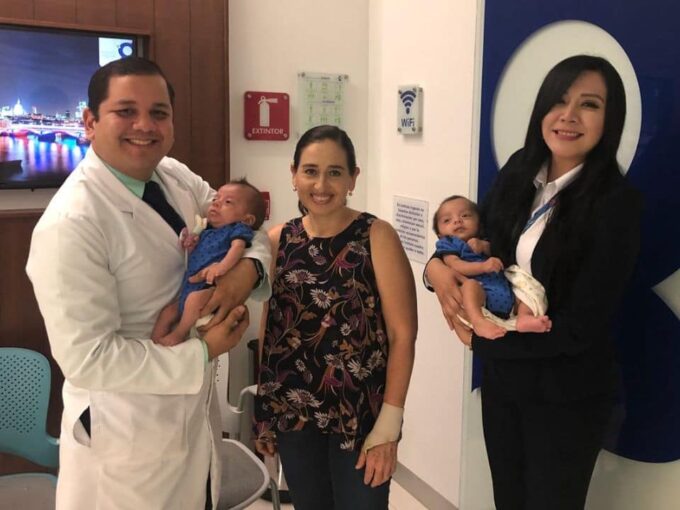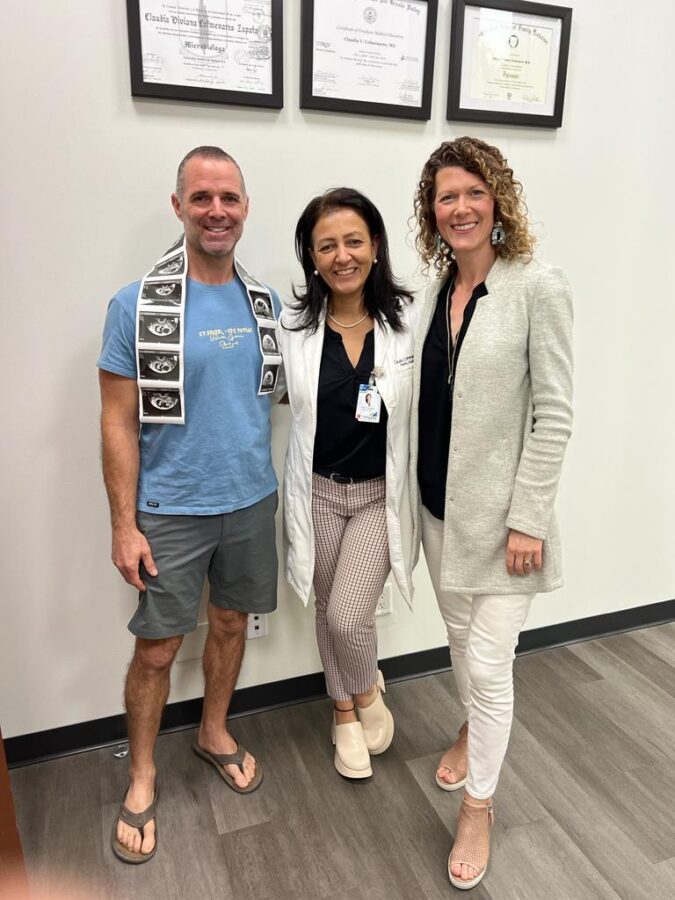Ovarian regeneration is an advanced technique used in fertility treatments that aims to improve the quality and quantity of eggs available in women who still have a sufficient ovarian reserve.
This procedure involves administering nutrients, proteins, and growth factors that directly impact the ovarian microenvironment, optimizing its function and response to hormonal stimulation.
This translates to enhanced egg quality and an increased number of viable embryos during assisted reproduction cycles.
The ovarian microenvironment plays a crucial role in follicle development and egg maturation. Over time, or due to medical conditions, this environment can deteriorate, negatively affecting a woman’s reproductive capacity.
Ovarian regeneration seeks to counteract these effects by using growth factors that promote the health and rejuvenation of ovarian tissues.
By improving this environment, egg maturation is facilitated, and the response to hormonal stimulation is enhanced, allowing for a greater number of higher-quality eggs during a treatment cycle.


